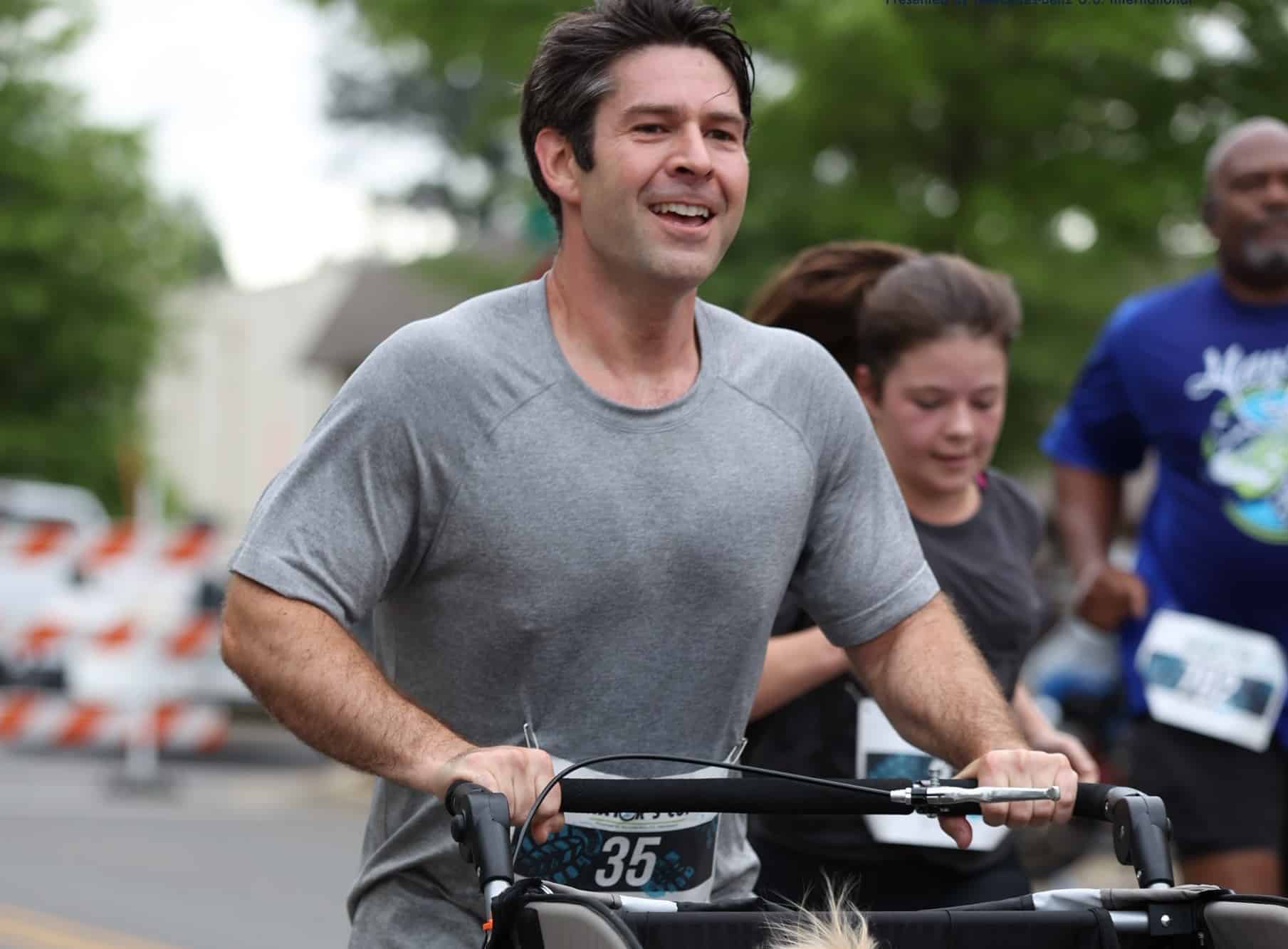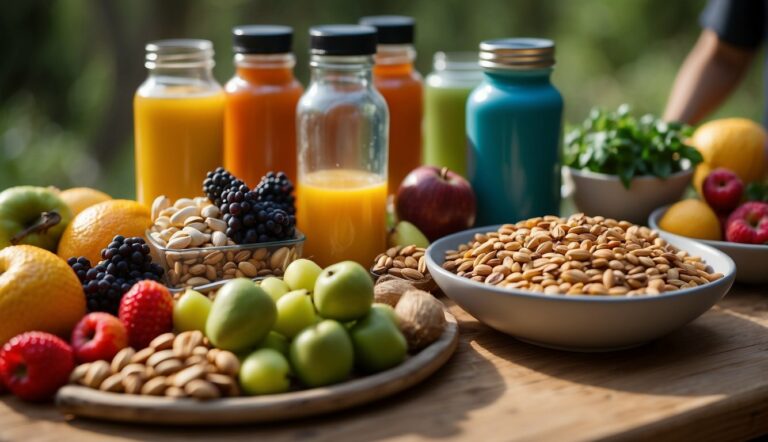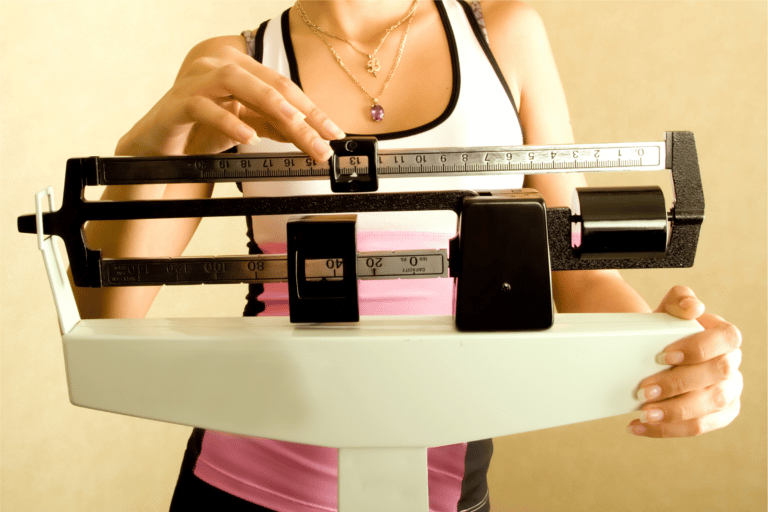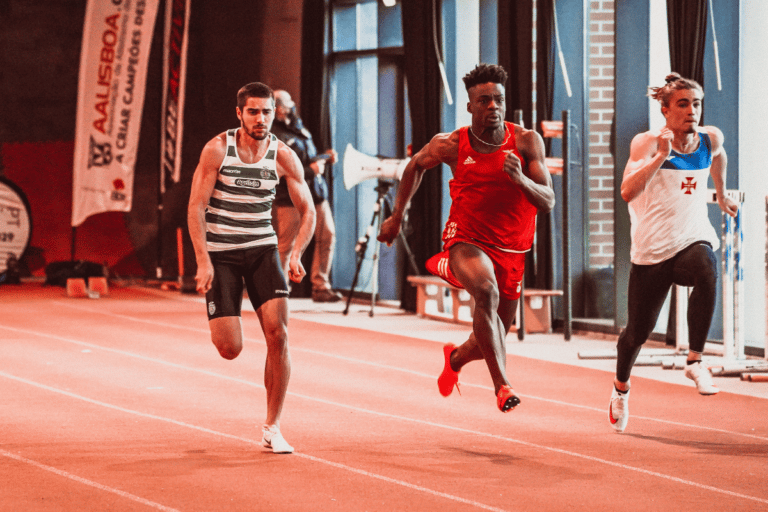Can Runners Drink Alcohol? (Performance, Recovery, and Nutrition)
For anyone who has finished a race before, more times than not, you’ll notice there’s ice-cold beer waiting at the finish line. It’s a treat for runners to enjoy a nice beer at the end of a race, but is it wise to indulge? Can runners drink alcohol?
Runners can drink alcohol so long as they do it in moderation! Alcohol has many adverse effects, including dehydration, imbalanced electrolytes and hormones, and a decreased ability to repair bones and muscles. However, a drink or two occasionally is okay. Cutting out alcohol entirely is necessary unless you are preparing for a big race.
Read on to learn about the effects of consuming alcohol, whether or not runners should drink alcohol, the specific effects of drinking on runners, and the best types of alcohol for runners to consume responsibly.
What does alcohol consumption do to the body?
While alcohol is great for getting loose and fluttering your social wings, it is not great for your body.
I hate to be the buzzkill, but alcohol has the potential to do serious, irreparable damage. There is an array of problems that stem from consistent alcohol usage.
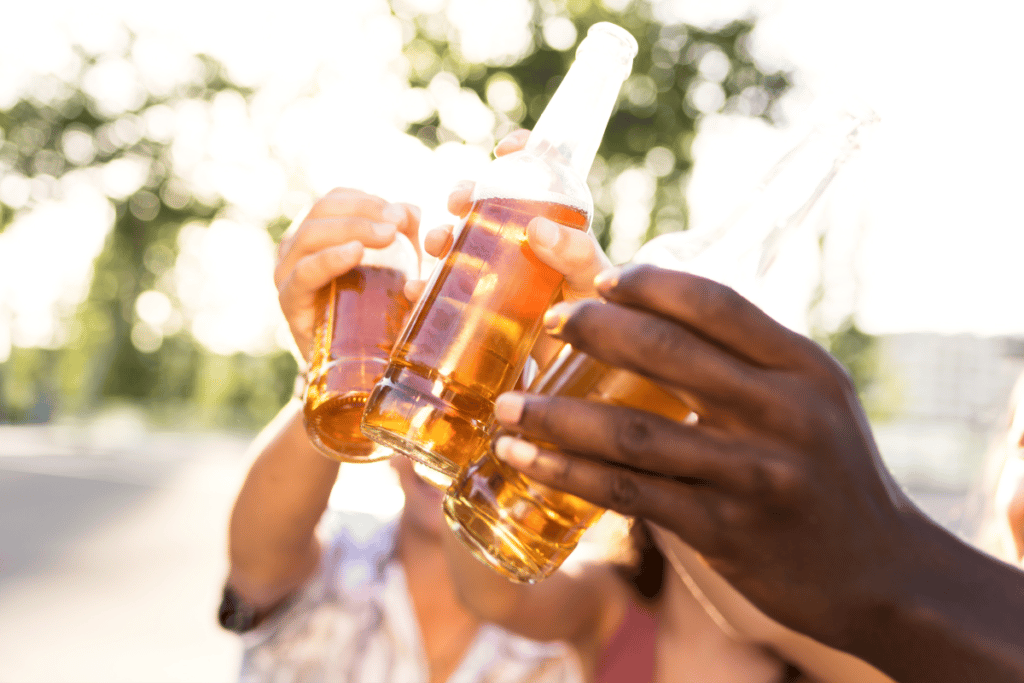
From your brain to your heart to your liver, here are all the potential effects that alcohol can wreak on your body:
- Dehydration
- Sleep problems
- Irritates digestive system
- Disrupts kidney functions
- Liver damage
- Increased risk of cancer
- Weakened immune system
- Weakened skeletal structure
While the occasional drink isn’t likely to lead to serious problems, staying informed about the potential effects of any lifestyle choice is important.
Dehydration
Want to know why you have a raging headache the morning after a night out? It can be partially attributed to the dehydrating effect of alcohol.
Alcohol dehydrates the body due to its diuretic property. When drinking alcohol, your body must empty fluids quicker, leading to subsequent dehydration.
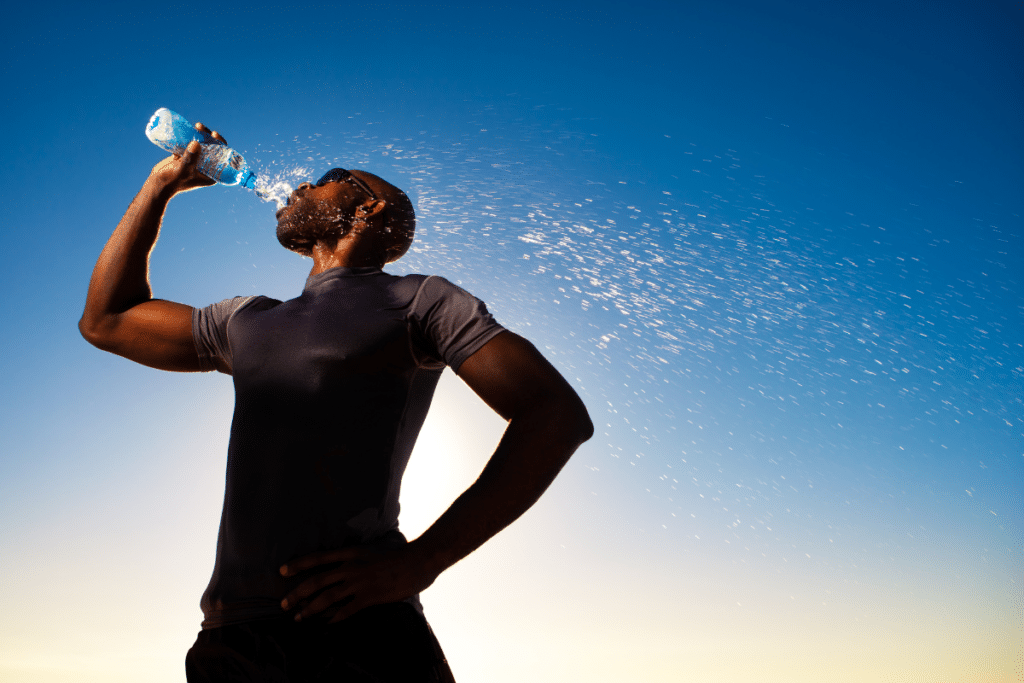
Alcohol is a diuretic, meaning it causes the body to process liquids through more quickly than it might otherwise. This means you’ll become dehydrated if you don’t increase your water intake.
When you drink alcohol, it is converted into a toxic substance known as acetaldehyde when it is processed in the liver. To remove this toxic substance quickly, the body turns to urination; unfortunately, this has the dual effect of decreasing water content in the body.
Additionally, alcohol reduces vasopressin production, an anti-diuretic hormone. Simply put, reducing this hormone allows the body to produce a substantially larger amount of urine than usual.
It’s worth noting that some studies have shown that a moderate amount of low-ABV beer may actually help hydrate you better than water after a run.
Sleep problems
The importance of sleep cannot be understated, especially for runners. What is the effect of alcohol consumption on sleep quality and duration?
Consuming alcohol has a negative effect on sleep. While alcohol is a depressant that slows down brain function and causes drowsiness, it is actually linked to poor sleep quality along with shorter sleep durations.
Higher alcohol consumption is associated with poor sleep quality, as well as snoring and shorter sleep durations.
Why?
Alcohol often has a sedative effect on drinkers, causing them to fall asleep quickly. This sounds like a benefit, but in actuality, the effects are negative. Falling asleep too quickly can create an imbalance between REM sleep and slow-wave sleep.
With an excess of REM sleep and not enough deep sleep, quality suffers as a result.
For your best run, you should be getting 7-8 hours of sleep a night.
Irritates digestive system
Aside from your head pounding, you may wonder why your stomach is all out of wack after a crazy night. Alcohol certainly has a role in disrupting your digestive function.
Alcohol consumption irritates the digestive system by damaging and inflaming the stomach lining. The small intestine is also susceptible to harmful bacteria from decreased acid production due to drinking.
Yet another one of alcohol’s downsides is its irritating effect on various aspects of the digestive system.
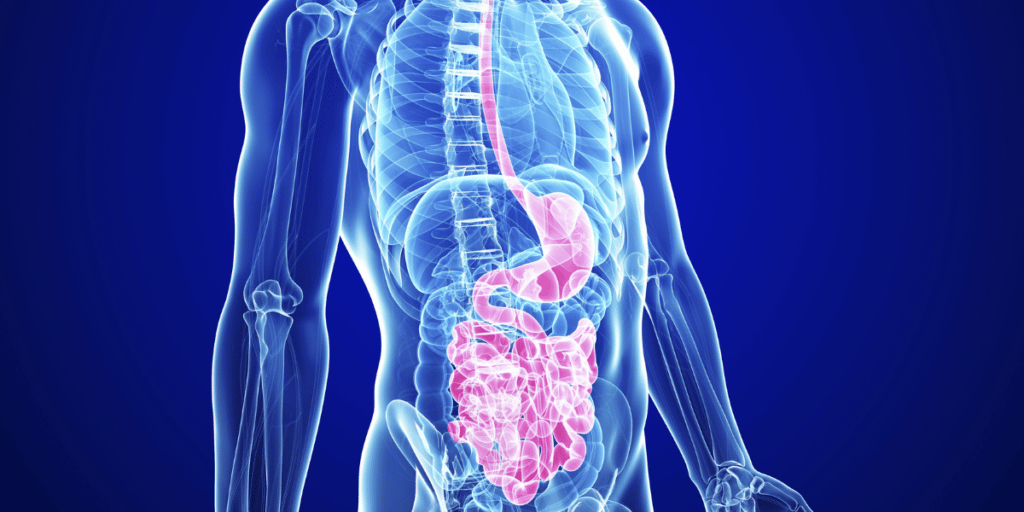
From the esophagus to the stomach all the way to the intestines, alcohol impairs your ability to properly digest what you’ve consumed. At each stage of digestion, inflammation or a change in acid production plays a negative role on the body.
Alcohol consumption is a direct factor in increased gut inflammation. Most of the mechanisms of such damage point toward changes in gut bacteria and mucose linings.
Disrupts kidney functions
The kidneys’ main function is to detoxify your bloodstream to keep you nice and healthy. How does alcohol affect the kidneys’ abilities?
Consuming alcohol lessens the ability of the kidneys to properly filter the blood. The kidneys are also responsible for regulating fluid and electrolytes; alcohol also disrupts this function.
Kidneys are vital to life as they control urine production and excrete toxins through that process. By drinking alcohol, the kidneys become less able to filter the blood, leading to issues.
A 1997 study of alcohol’s impact on kidney function showed that alcohol throws off the hormones crucial to proper kidney functioning, compromising kidney function.
Additionally, when kidney function suffers, electrolytes in the bloodstream become imbalanced. This is an issue, especially for runners who rely on electrolytes to get them through tough workouts.
Liver damage
The most common issue with alcohol consumption is liver damage; this should come as no surprise considering the liver is the organ that metabolizes and processes alcohol.
Alcohol consumption has the ability to permanently damage the liver. When the liver is overrun with excessive amounts of alcohol, it becomes inflamed and can lead to fat buildup and scar tissue.
Between cirrhosis and liver cancer, liver-related diseases are the number one cause of death that can be directly related to alcohol consumption.
Drinking requires your liver to break down the alcohol you consume so it can be processed by the body. Too much alcohol can seriously damage this ability in one night or over time.
Common liver issues stemming from alcohol are hepatic steatosis, cirrhosis, and liver inflammation. The important thing to know is that all of these diseases affect the ability of the liver to function at its full capacity.
Increased risk of cancer
One of the reasons alcohol is so dangerous is its carcinogenic properties.
Alcohol consumption increases the likelihood of developing various cancers significantly. The most common cancers stemming from alcohol use are cancers of the digestive tract, liver cancer, and breast cancer.
Nearly 4% of cancer cases worldwide are directly related to alcohol consumption. This comes as a result of alcohol’s various carcinogenic properties.
In layman’s terms, a carcinogen is nothing more than a substance that causes cancer. In the case of alcohol, there are multiple mechanisms that result in cancer formation.
When alcohol is processed by the body and broken down into separate components, DNA can be damaged and inhibited from synthesis and repair.
Additionally, alcohol consumption damages DNA through chronic inflammation.
Weakened immune system
Ever wondered why college students are sick so often? There’s a wide variety of factors, but I can say with confidence that alcohol is one of them.
Consuming alcohol, especially in excess, disrupts the body’s immune functioning. With a weakened immune system, those who drink are left susceptible to all sorts of viruses and infections.
A study published in 2015 conclusively connected alcohol to a weakened immune system through multiple avenues.
Long ago, alcohol was known to increase the likelihood of developing pneumonia; after proper research, this has been expanded to capsulate a wide variety of diseases. It only takes one night out to negatively affect your immune system.
Drink responsibly if you should choose to do so!
Weakened skeletal structure
Running is a high-impact sport, especially on the legs. How does alcohol affect the body’s ability to withstand such stress?
Drinking alcohol is associated with decreased bone density and an increased risk of suffering from fractures. This happens namely from an interruption in the regenerative process of the skeletal system.
A 1998 study found that for those who drink alcohol, bone density decreases, and fractures occur more frequently. Researchers also confirmed that alcohol prevents bone-forming cells from doing their job.
In other words, broken bones from repeated stress cannot be regenerated, subsequently causing lower bone density.
On top of this, alcohol impairs the ability of the body to absorb calcium and vitamin D; these vitamins and nutrients are essential to good bone health.
Is it okay for runners to drink alcohol?
We all have various goals as runners; some want to build a healthy habit while others want to compete in major races and take home the gold. Depending on your goals as a runner, is it okay to consume alcohol?
Generally, it is okay for runners to drink alcohol. If runners are capable of being responsible in their alcohol consumption, there is no problem with having a couple of drinks from time to time. However, those runners who want to seriously compete should weigh the pros and cons of alcohol carefully before drinking.
Look, I’m not here to strip all the fun out of your life. If you like to enjoy a couple of cold ones or a glass of wine, go for it!
As long as you acknowledge and accept the fact that alcohol can have a detrimental effect on overall health, go ahead and enjoy.
For serious runners, you may want to consider the drink more carefully as it could affect your performance – especially if consumed close to racing. Better to have a celebratory drink after your race!
Do runners and athletes really drink more alcohol than average?
A common adage in the running community is that runners drink. A lot.
Is there any truth to this claim?
Surprisingly, scientific studies and surveys have shown that runners and athletes do, in fact, drink more alcohol than their non-exercising counterparts.
Originally, researchers believed that forming the healthy habit of exercising would be a suitable substitute for alcohol consumption. Boy, were they wrong!
A 2022 study on college students and a 2015 study on adults aged 18-89 years both confirmed that those who exercise more drink more alcohol.
While these studies confirmed that active individuals drink more, there is insufficient research to explain why.
How alcohol affects a runner’s performance
Alcohol, while popular in society, has proven adverse health effects for those who consume it. Runners are no exception to this rule.
As runners, we like to see a few seconds shaved off our time every race we compete in. How does alcohol affect your performance as a runner?
Alcohol affects performance by causing:
- Imbalanced electrolyte profile
- Issues regulating blood sugar levels
- Dehydration

While you may choose to enjoy a beer after your race, let’s dive into several compelling reasons not to have one beforehand.
Imbalanced electrolyte profile
A balanced electrolyte profile is crucial to having a good workout. Unfortunately, alcohol has other plans.
Alcohol consumption disrupts proper kidney function; the kidneys are responsible for managing fluid and electrolyte levels, so inadequate kidney function often leads to imbalances. Electrolyte imbalances are then likely to leave runners feeling sapped of energy.
Runners need various electrolytes for proper functioning. Vitamins and minerals such as sodium, potassium, and magnesium help ensure great performance by preventing cramps and keeping the body hydrated.
You see how an imbalance could be an issue. When the kidneys cease to do their job, electrolytes are thrown out of wack and runners are left susceptible to cramps and dehydration.
Consequently, their performance is in grave danger.
Issues regulating blood sugar levels
What you eat, as well as what you drink, has an effect on your blood sugar levels. Alcohol is one substance that can be counted on to throw things out of wack.
Drinking alcohol, especially carbohydrate-heavy drinks like beer or wine, often spikes and then crashes blood sugar levels. Plummeting blood sugar is not good for runners as they need sustained energy to endure tough workouts.
Drinks like beer and wine, or even liquor with a mixer, have the potential to cause all sorts of troubles with blood sugar levels.
The problem arises from the fact that alcohol must be broken down in the liver, inhibiting the liver from making glucose as it normally does. According to Johns Hopkins, this causes rapidly decreasing blood sugar levels.
Regulating blood sugar is important because as runners, our primary energy source is sugar and carbohydrates. When these macronutrients suffer, so does our performance.
Dehydration
One of the most important health and performance concerns for runners is dehydration. Hot summer days can leave runners exposed to serious dehydration and subsequent issues.
As a diuretic, alcohol has a tendency to dehydrate runners. This not only poses a serious health risk but negatively affects performance as well.
Alcohol has a diuretic effect on our bodies: we have to urinate more when we drink. Over time, if not consciously rehydrating, dehydration becomes a serious concern.
While dehydration is harmful from an overall health standpoint, it’s also terrible for your performance. Runners who are dehydrated often suffer headaches and fatigue during runs.
In essence, alcohol dehydrates runners, who then deal with miserable consequences and worsened performance. Think carefully before having a drink!
How alcohol affects a runner’s recovery
While you may not think it, recovery is just as important, if not more important, than your actual workouts. Runners cannot expect to heal themselves from exercise-induced injuries without the necessary recovery.
Earlier, we discussed the effects of alcohol on the body. How exactly does alcohol pertain to our recovery as runners? What are the consequences?
In terms of recovery, alcohol:
- Induces aches and pains
- Causes hormonal imbalances
- Causes poor quality sleep
Unless you’re particularly sensitive to alcohol, it’s unlikely that you’ll experience these side effects after a single drink, but – as always – the key is moderation.
Induces aches and pains
Even on a good day, runners are bound to deal with some aches and pains. Running is hard on the body, and drinking alcohol isn’t going to do you any favors.
Drinking alcohol has proven to decrease bone density and break down muscle tissue. This inhibits the ability of the body to recover from running stimulus.
As mentioned earlier, alcohol consumption decreases bone density by interfering with the skeletal system’s regenerative process.
Running is a high-impact sport that actually increases bone density by stimulating osteoblasts, or bone-building cells after breaking them down. With alcohol in your system, you can’t complete this process, and the skeletal system is left brittle.
With broken-down muscles and weak bones, runners are left feeling achy and in constant pain.
Causes hormonal imbalances
An important aspect of recovery is the hormones the body creates to synthesize muscle. Alcohol is proven to have a negative affect on these hormones.
Drinking alcohol increases cortisol levels while simultaneously decreasing testosterone levels. Through this mechanism, runners’ ability to synthesize muscle is impaired.
Drinking alcohol after exercising has been shown to increase cortisol levels while decreasing testosterone. This directly decreases muscle protein synthesis in the body.
Runners cannot recover from their workouts without the ability to repair broken-down muscles. In this regard, drinking alcohol is essentially contributing to overtraining because the body cannot properly heal after consumption.
Causes poor quality sleep
Sleep is such an important aspect of life that we spend nearly a third of our lives in a deep slumber. It’s also crucial for recovery.
Alcohol consumption is proven to lower the quality of sleep by creating an imbalance in slow-wave sleep and REM sleep. Low-quality sleep is linked to an inability to recover from exercise-induced stress.
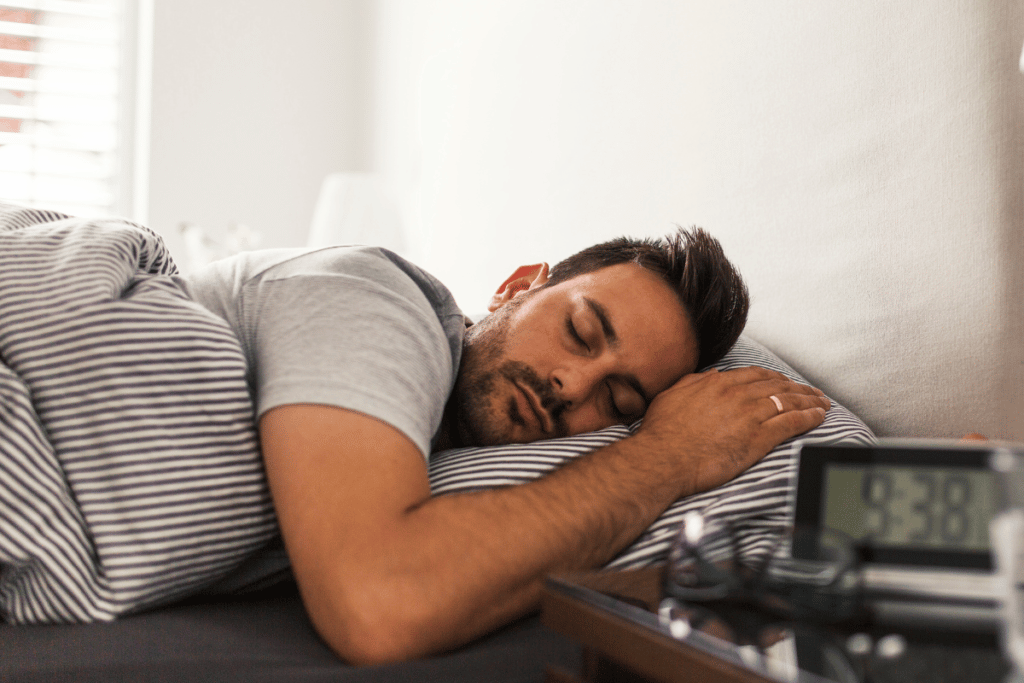
Alcohol puts you to sleep a little too quickly: too little slow-wave sleep and an excess of REM sleep has adverse effects.
Sleep is commonly touted as one of the pillars of recovery, alongside things like nutrition and proper maintenance of your muscles. It’s such an important aspect of recovery because most reparations of muscle-induced injuries happen during sleep.
When we sleep, we secrete more human growth hormone (HGH) and produce more testosterone; these two hormones are crucial to muscle synthesis and recovery.
Specifically, 70% of HGH production during sleep happens in the slow-wave phase (deep sleep). The problem lies in the fact that alcohol does away with slow-wave sleep.
What kind of alcohol is best for runners?
I realize that giving up alcohol is a stretch, even for the most dedicated runners. Life is meant to be enjoyed!
There is usually a “best worst option.” None of them are good for you, but which is the least detrimental?
The alcohol best suited for you depends on your individual goals. Beer and wine provide antioxidant benefits but spike blood sugar and contain lots of calories. On the other hand, liquor is lower in calories and sugar but has zero additional health benefits.
The general rule of thumb is that those trying to lose weight should drink liquor. If you’re less concerned about how your jeans fit, beer or wine is just fine.
Ultimately, anything in moderation is going to be your best bet!
Beer
For runners who love to crack open a cold one from time to time, what are the specific effects of beer on runners?
With its high-calorie content, beer contradicts many runners’ weight-loss or maintenance goal. Additionally, beer can throw your blood sugar levels out of wack and dehydrate you. However, beer does have a decent antioxidant profile stemming from barley and hops.
If your goal is to lose weight, steer clear of beer. Typically, beer has a higher calorie content than that of other alcoholic beverages.
Another downside of beer is that it disrupts your glucose production, subsequently plummeting your blood sugar levels. Wacky blood sugar levels tend to cause decreases in energy, an already scarce resource in runners.
As with other alcoholic beverages, beer is also a diuretic and therefore dehydrates runners.
The one upside? Antioxidants that come from barley and hops.
Wine
A glass of wine with dinner can be a nice treat at the end of a long day. Is there any benefit to runners?
Wine, while high in calories and sugars, has proven heart-health benefits. Specifically, red wine contains polyphenols that protect the blood vessels within the heart.
Wine is similar to beer in that it has a relatively high calorie and sugar content. In this regard, wine may not be a wise choice.
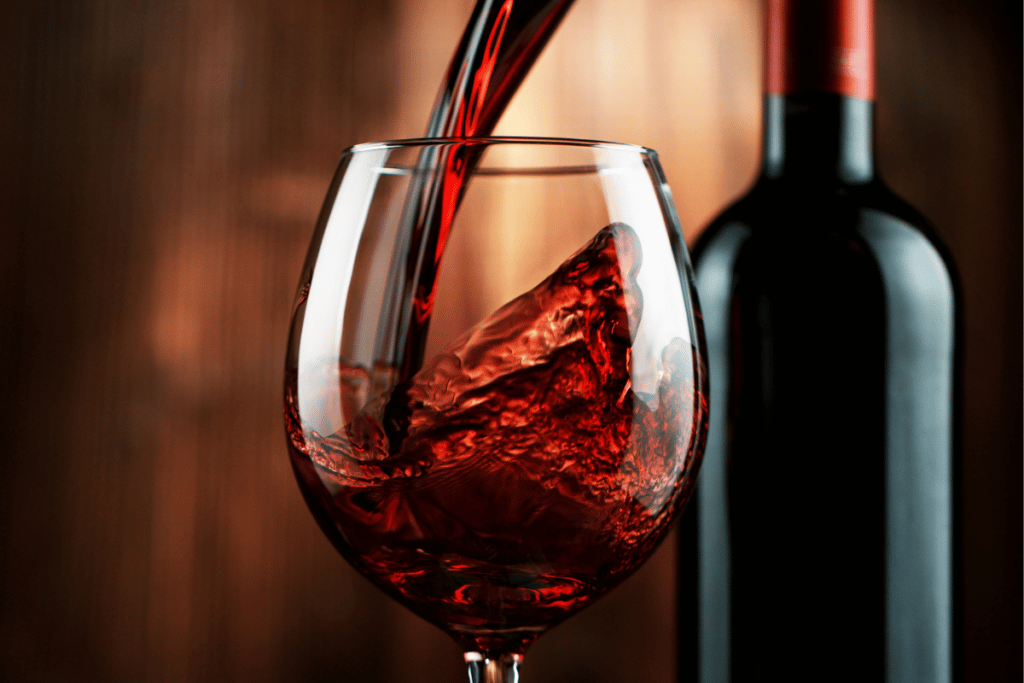
However, it’s important to consider that red wine can provide heart benefits through polyphenols. Resveratrol is one of these antioxidants; it is linked to lower inflammation and reduced blood clotting.
For those watching calories, seek out a dry wine, which will have a lower sugar content than the sweet kind.
Liquor
Whatever your preferred choice of liquor may be, how healthy is it when compared to other alcoholic beverages?
Liquor does not have the same antioxidant benefits as beer or wine, but it has a lower calorie content as a result of having little to no carbohydrates. The absence of sugar also prevents blood sugar fluctuations, leading to steadier energy levels.
There is always a trade-off: liquor has no antioxidant benefits, but it’s lower in calories and usually contains no sugar or carbohydrates.
For runners attempting to lose weight, this means liquor is the clear-cut answer over beer and wine. However, it’s important to be mindful of what you consume alongside liquor.
Many liquor-based drinks are mixed with sodas or juices, thus negating their low-calorie benefits.
Summary – Do you need to give up alcohol for running?
Alcohol is more than just a drink. It’s a social event and oftentimes a cultural experience. Abroad, alcohol is seen as a way of life.
Is it necessary for runners to give up alcohol, or can runners balance drinking with their journey to self-betterment?
Runners do not have to give up alcohol. A more reasonable ask would be to drink sparingly; runners should make an effort to moderate their drinking rather than cutting it out of their lives entirely.
Moderate drinking is defined as “2 drinks or less in a day for men or 1 drink or less in a day for women, on days when alcohol is consumed.”
While there is a small subset of runners who should avoid alcohol entirely for health reasons, it is generally okay to enjoy a few drinks from time to time.
The danger in drinking lies in irresponsibility. Excessive alcohol usage, or binge drinking, adds up to a lot of calories and does irreparable damage to your liver.
Exercise self-awareness and choose the alcohol best suited for you. Safe drinking!
Should you avoid alcohol before a marathon or other race?
While runners can drink alcohol, should runners who plan to compete be avoiding alcohol to better their performance?
Runners who want to train hard and meet their performance goals should consider avoiding alcohol as their race day approaches.
Running a marathon, or any race, is no small feat. It should not be treated as such.
Alcohol is okay in moderation, but it’s important to note that it impairs recovery and is often responsible for electrolyte imbalances. Neither of these effects is optimal for racing.
By avoiding alcohol when leading up to a race, runners can ease their minds and see their performance skyrocket.
Once you’ve completed the race, feel free to enjoy a drink!
